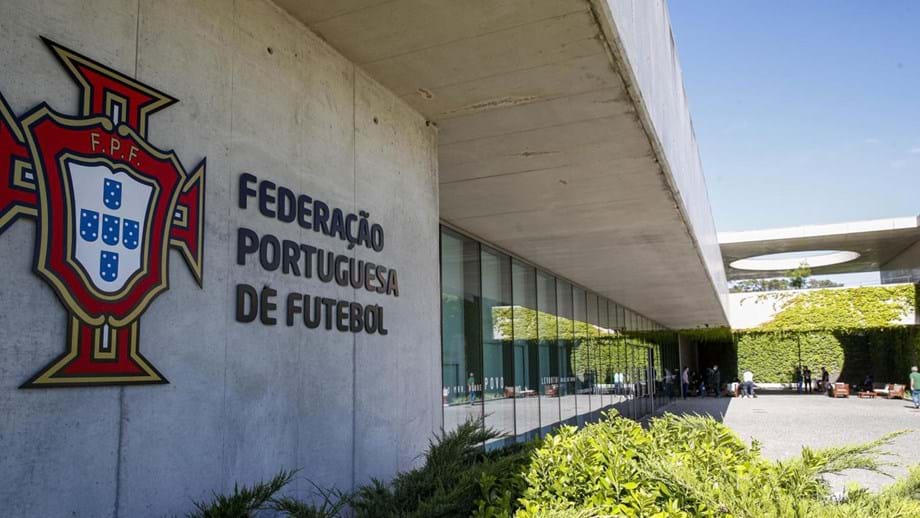According to information from the Government of Portugal, national federations received more than 245 million euros from sports betting in Portugal in the period from 2018 to 2022, with more than half of these bets being made online.
In response to the PS parliamentary group on the funding of sports organisations, the Government reported that funds from the Santa Casa da Misericórdia Placard game and Tourism online betting reached a value of 61.7 million euros in 2022. This amount is substantially higher than the 35.7 million euros of annual funding granted by the Portuguese Institute of Sports and Youth (IPDJ) to all federations.
In the last year and in 2021, sports federations received a significant revenue of €59.4 million from betting, making these years the most profitable so far. As established by decrees n.º 314 and 315/2015, the federations receive a portion of the special tax on online gambling, corresponding to 37.5% of the calculated revenue, or 3.5% of the revenue in the case of base quota bets territorial.
The growth of the sports betting sector in Portugal
In the last five years, a total of 151.7 million euros were distributed by sports federations, with online betting on sports competitions being the main responsible for this amount.
Online betting had an exponential growth in 2021 and 2022, allowing the distribution of 41.8 million euros and 44.2 million euros by sports federations, respectively. In these years, the Placard game was responsible for 93.5 million euros of the total amount, with the amounts distributed to the federations remaining around 17.5 million euros.
Although the betting system created by Santa Casa da Misericórdia de Lisboa (SCML) never surpassed online gambling revenues, it came closer in 2019 when it generated revenue of 22.2 million euros, compared to 25.2 million euros generated on the Internet.
Sports entities receive 0.035 euros, which is equivalent to 3.5% of legal deductions, for every euro invested in Placard. On the other hand, bets placed on the Internet attribute 37.5% of the special tax for ‘online’ gambling. According to current legislation, this tax is 15% up to five million euros and 8% up to 30 million euros.
It is no surprise that the Portuguese Football Federation (FPF) is the body that most profits from sports betting. In the last five years, the FPF profited a total of 146 million euros, which represents practically 60% of the total amount. In addition, there was an increase in online revenue in 2021 (25.4 million euros) and 2022 (23.7 million euros), compared to Placard (11 and 10.9 million, respectively).
Since 2017, the FPF has received at least €20 million from sports betting. In 2015, it received €1.3 million, in 2016, €14.3 million and in 2017, €20.7 million. In 2018 the amount increased to €22.6 million, in 2019 it was €27 million and in 2020 it was €25.3 million.

An official source from the FPF admitted that revenues from sports betting represent between 25% and 30% of the federal budget for each season. That same source added that these amounts are invested in promoting football, in national team activities, in organizing amateur football, futsal and beach football competitions and in supporting members.
Right after the FPF comes the Liga Portuguesa de Futebol Profissional (LPFP), which raised a total of €50.1 million between 2018 and 2022. The last two years were the most profitable, with €12.6 million each . This figure is more than twice the total profit of the tennis (€21.1 million) and basketball (€18 million) federations in the same period.
The other collective modalities achieved more modest amounts. Volleyball received €1.6 million, handball €1.7 million and rugby €290,000. Roller hockey, in turn, benefits from the skating federation, which received €184,000. All these modalities fall short of the amount assured by the winter sports federation, which received a total of €4.3 million in five years, largely because of betting on ice hockey.
Billiards, with €178,000, and badminton, with €105,000, are other federations benefiting from the bets, between 2018 and 2022. They are ahead of more traditional sports such as cycling, which received €6,862, swimming, with €4,702, and athletics, with €112. The approximately €60,000 earmarked for American football ends up reverting to the Portuguese Institute of Sports and Youth (IDPJ).
Such numbers prove the potential of the sports betting market in Portugal and in the world. The segment continues to grow exponentially and its popularity should only grow in the coming years.




















































